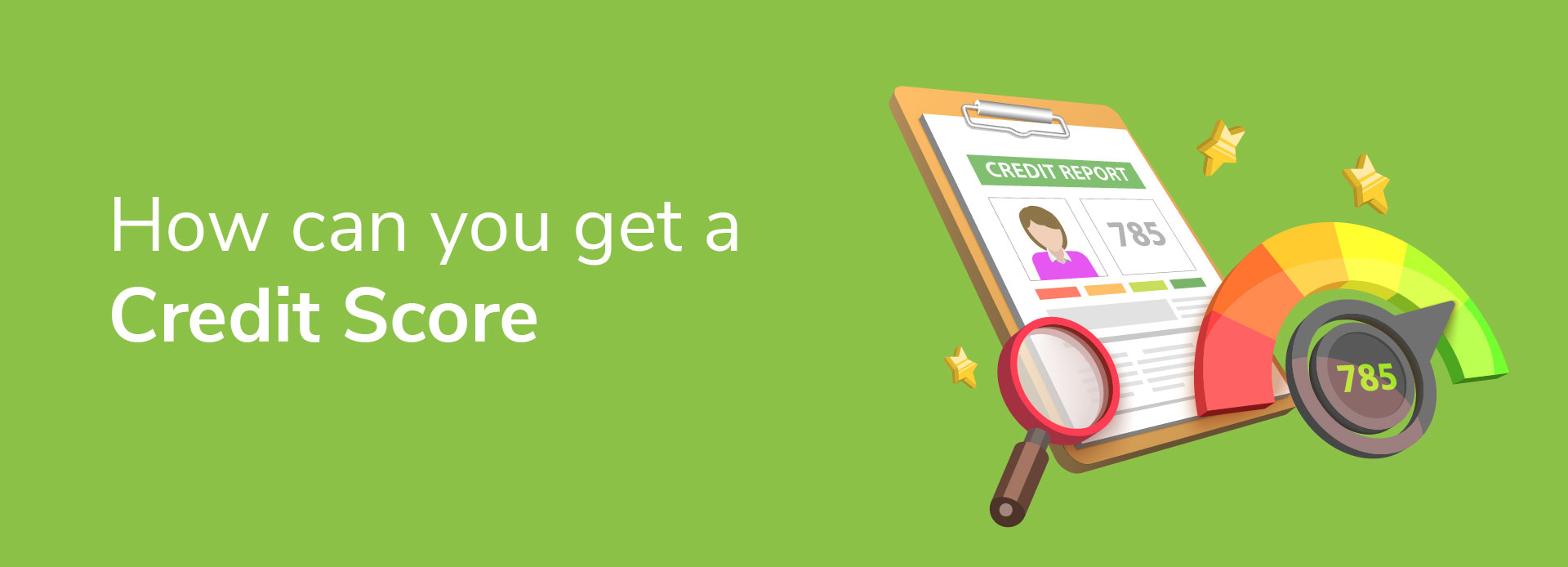
How to Check Your Credit Score?
11 March 2024 | By INDIE
Are you curious about your financial health? Then your credit score is one of the most crucial factors which you must understand. Whether you want to purchase your dream home, buy a new car or even apply for a credit card, your credit score plays an important role.
Fortunately, checking your credit score has become more accessible. Let's dive into the intricacies of how do you get credit score and how you can improve it.
How Do You Get Credit Score?
Understanding your credit score is crucial for making informed financial decisions. Here is a comprehensive overview to educate you about the entire credit scoring process and know how to check credit scores.
What is a Credit Score?
Your credit score is a numerical representation of your creditworthiness, indicating the likelihood of you repaying borrowed funds. Lenders, landlords and even employers use this score to assess your financial reliability. Therefore, maintaining a healthy credit score is essential for securing loans and renting properties.
How Does Credit Card Usage Influence Your Credit Score?
Your credit card usage has a direct influence on your credit score. When you pay your bills on time, keep your credit card balances low, and have a good mix of different types of credit, like loans and credit cards, it can help your score go up. On the other hand, if you miss payments, use up all your available credit, or apply for too many new credit cards at once, it can lower your score. So, it's important to use your credit cards responsibly and check credit scores frequently to be aware of your financial position.
Factors That Determine Your Creditworthiness
Payment History: Your payment history accounts for the largest portion of your credit score. It reflects whether you have paid your bills on time or if you have had any late or missed payments. Consistently making timely payments demonstrates reliability and positively impacts your score.
Credit Utilization Ratio: This ratio compares the amount of credit you are using to the total amount available to you. Keeping this ratio low, ideally below 30%, shows lenders that you are not overly reliant on credit and can manage your finances responsibly.
Length of Credit History: The length of time you have had credit accounts for another significant portion of your score. A longer credit history indicates more experience managing credit, which can be viewed positively by lenders.
Types of Credit Used: Lenders like to see a mix of different types of credit, such as credit cards, loans and mortgages. Having a diverse portfolio demonstrates your ability to handle various financial responsibilities.
Recent Credit Inquiries: When you apply for new credit, it triggers a hard inquiry on your credit report. Multiple inquiries within a short period can signal to lenders that you may be taking on too much debt, potentially lowering your score temporarily. So, check credit score frequently and try to improve it.
How to Determine Your Credit Score Success?
Usually credit scores range between 300 and 900 and a good credit score typically falls within a specific range. Here is a breakdown:
| Credit Score Range |
Rating |
| 300 - 549 | Low |
| 550 - 649 | Fair |
| 650 - 749 | Good |
| 750 - 900 | Excellent |
Maintaining a score above 650 is generally considered favourable, and it will help you get your loan or credit card applications approved easily. It can even fetch you amazing interest rates. On the other hand, a low score makes it hard for banks to approve your loan or credit card requests. To know where you stand, check your credit score right now!
Also Read: Personal Loan vs Credit Line: Which one is good for you?
How to Maintain a Good Credit Score?
Pay Bills on Time: Make sure to pay all your bills, like credit card bills, loans and utilities, on time. Delay in payments can impact your credit score.
Keep Credit Card Balances Low: Try to keep the amount of money you owe on your credit cards as low as possible. Aim to use only a small portion of your available credit.
Avoid Unnecessary Credit Inquiries: Every time you apply for new credit, like a credit card or loan, it can lower your credit score a bit. Try to limit the number of times you apply for new credit.
Regularly Check Your Credit Report: Check credit scores and reports to make sure there are no errors or fraudulent activity. You can get a free copy of your credit report from each of the major credit bureaus once a year.
Click here to check credit scores to keep an eye on your financial performance.
Conclusion
Understanding your credit score is vital for making sound financial decisions. By providing a flexible and accessible credit option, it enables users to build a positive credit history through responsible borrowing and timely repayments. Overall, credit line serves as a powerful tool in empowering consumers to enhance their creditworthiness and achieve their financial goals.




